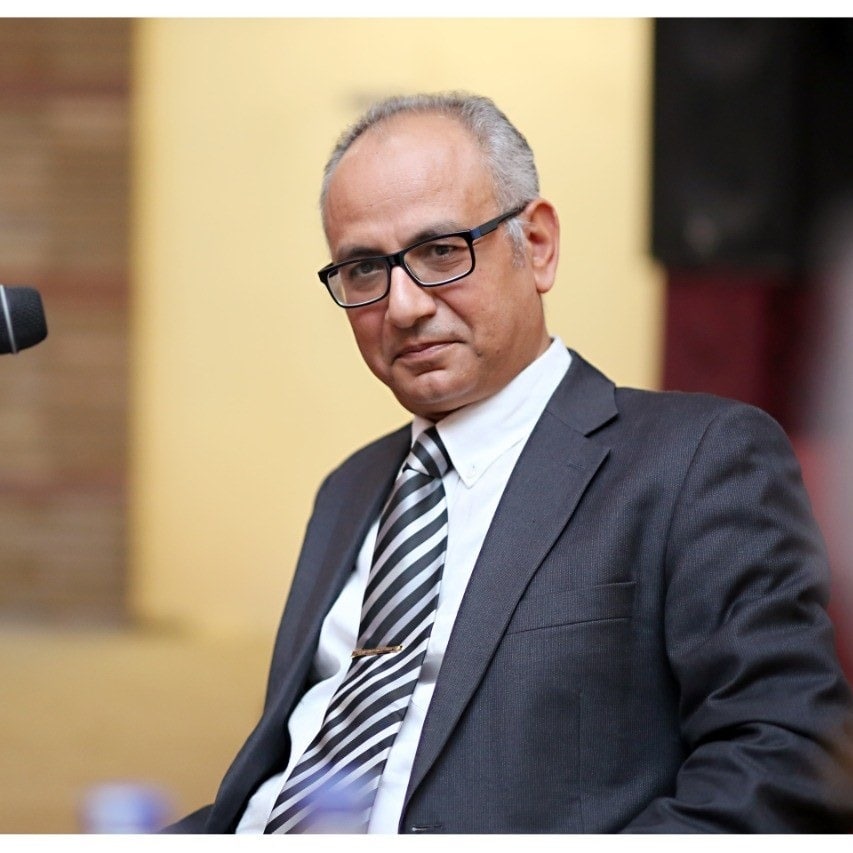

Does translation detract from a text when it transfers it into another language, or does it add to it?
In the public domain , some of us talk about translation as detracting from the semantics of the source text and draining its meaning when it is transferred to another language; This is true, as different languages and cultures sometimes entail some loss of meaning.
What is missing from the public domain discussions of translation, however, are the semantic gains that the source text achieves when it is translated. When the source text falls on the surface of a new language, it reflects a new light that might not have been seen if the text had remained confined to its first language. This is what Walter Benjamin meant by the expression "the afterlife" which translation gives to the translated text. Using this metaphor, Benjamin asserts that non-translation is death to the text, and that translation gives it the kiss of life and carries it to another time and new readers see in it what its original readers failed to see.
This reminds me of one of the connotations of the word 'translate' in the Oxford Big Dictionary that has disappeared in contemporary English, where the word is used (until the mid-nineteenth century at least) to mean 'transfer into eternity'. The Oxford Great Dictionary demonstrates this with two quotations, one from the King James Bible translation of the text in the Letter to the Hebrews and chapter eleven about the prophet Enoch (Idris) who “did not see death for his piety, but he did not exist because God transmitted him” (according to Vandyk Arabic translation) the word for 'transferred' in the KJV is 'translated.' The same usage is found in one of Coleridge's poems when he talks about martyred soldiers who fall in war, describing them as not dead but 'translated".'
(From the echoes of the lecture of the College of Arts, University of Basra, entitled "Translation and World Literature: Insights from the Field of Translation Studies", By Prof.Dr. Samih Hanna).







